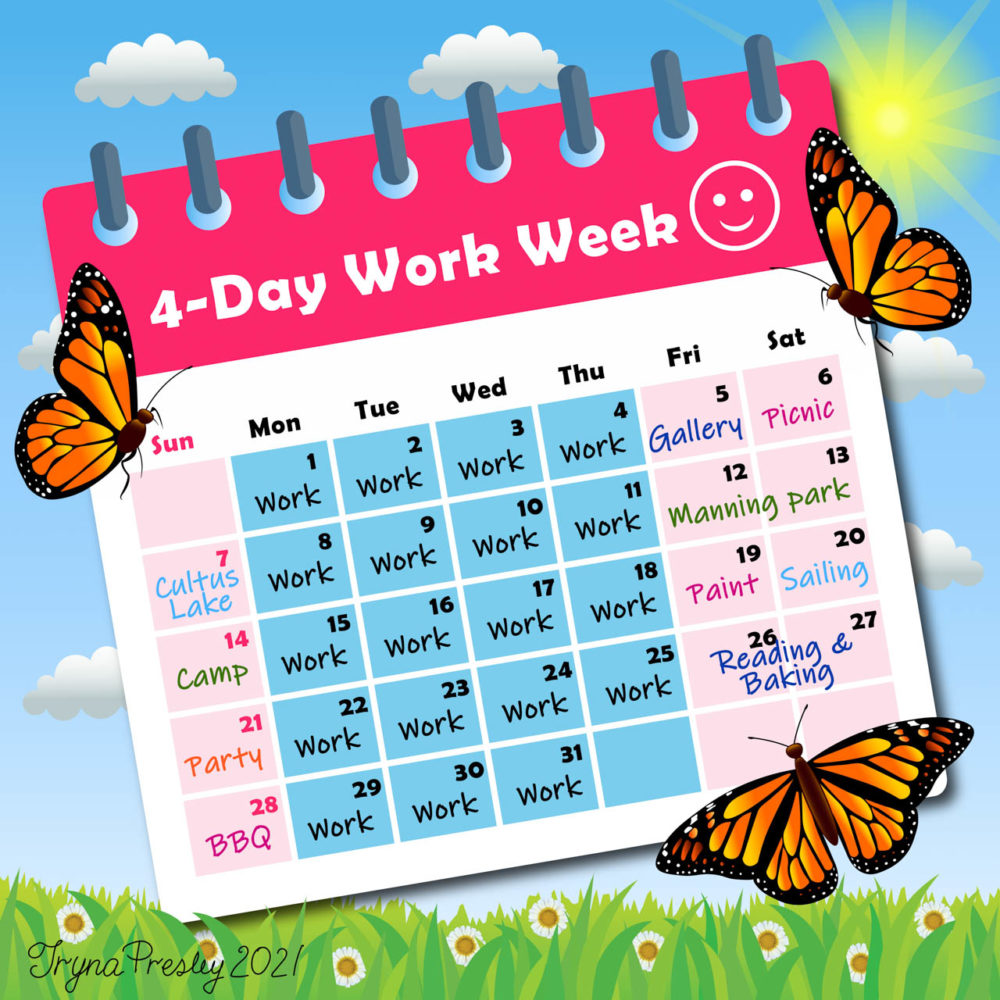A beaver tale
By Andrea Sadowski
Do beavers just look at a roaring river and think “this has got to stop?” Why do beavers need to build their habitat right over a running body of water? These furry little engineers build dams to create homes for multi-generational family units, serving as protection against predators. The ponds these dams create help sustain other species as well, like Sandhill cranes, mule deer, and juvenile fish; beavers are considered a keystone species for their ability to change a habitat to suit not only their own needs, but for other creatures in the animal kingdom. The slowing of rushing rivers cools the water and makes it easier for the land to absorb, preventing droughts.
We have so much to thank the beaver for. They served as the foundation of Canada’s economy as the fur trade served as one of the most important industries of the original French and British colonizers and built relationships with Indigenous peoples who supplied them with pelts. This fur trade seriously diminished the beaver population, but thankfully they are in the middle of a revival as there are an estimated 10 to 50 million beavers across North America today.
Not everyone appreciates these large rodents, as their incessant lust to cut down trees destroys a decent amount of property, and they are known to be aggressive when protecting their fortresses. Personally, I’m a huge fan of this Canadian icon, perhaps because I, too, am drawn to the sound of a rushing river and crave a secluded enclave to raise my own young in.

Gap years are mythical creatures
By Chandy Dancey
Is there ever really a gap year for students? I’m one of those annoying overachievers who went straight from high school to university, and I’ve been thinking about what I missed by not taking a gap year (or what I didn’t). According to a quick Google search, a gap year is when you take a year off after high school before you enter college/university, and it’s used to get more experiential learning through volunteering, taking internships, or traveling. Maybe I’m just too practical, but a gap year for me would have just been working full-time to pay living expenses. That would’ve been experiential learning, I guess, but definitely not the fun, carefree gap year I would have wanted.
My main question is how do people afford a gap year? Do they work and save money during high school for it (someone walk me through the logistics of an overworked, early-rising high school student going to school full-time while simultaneously saving for a gap year rather than university tuition)? My next question: is it still possible to take a gap year after university? Because, I mean, after university you just work for, like, the rest of your life. Is that even still considered a gap year? And, again, how do I afford one — and fast. I’m graduating this fall, so please send help.

Slash the week
Carissa Wiens
Last May Jacinda Ardern, New Zealand’s prime minister, highlighted the value in providing workers a four day work week for the same pay as a five day work week. This was intended to boost domestic tourism for the country to bounce back after the hit from COVID-19 and provide workers with more flexible work options. Andrew Barnes, the founder of a 200-employee company in New Zealand, made the switch to four days several years back and discovered his employees were more productive and happier.
I’m currently working a 40 hour work week for the first time in my life and boy, does this idea appeal to me. I feel like my two weekend days are spent recovering from the week. Then, once I’ve recovered, I have to go back to the office and do it all over again. I could use at least one more day added to my weekend to let loose and run wild (by this I mean have an extra beer or two with my pleasure reading).
The crazy thing about this is that I enjoy my job, but I still need more time off. I can’t even imagine people who work 40 hours a week at a job they despise. They should really be working a three day work week.
Images: Iryna Presley / The Cascade


